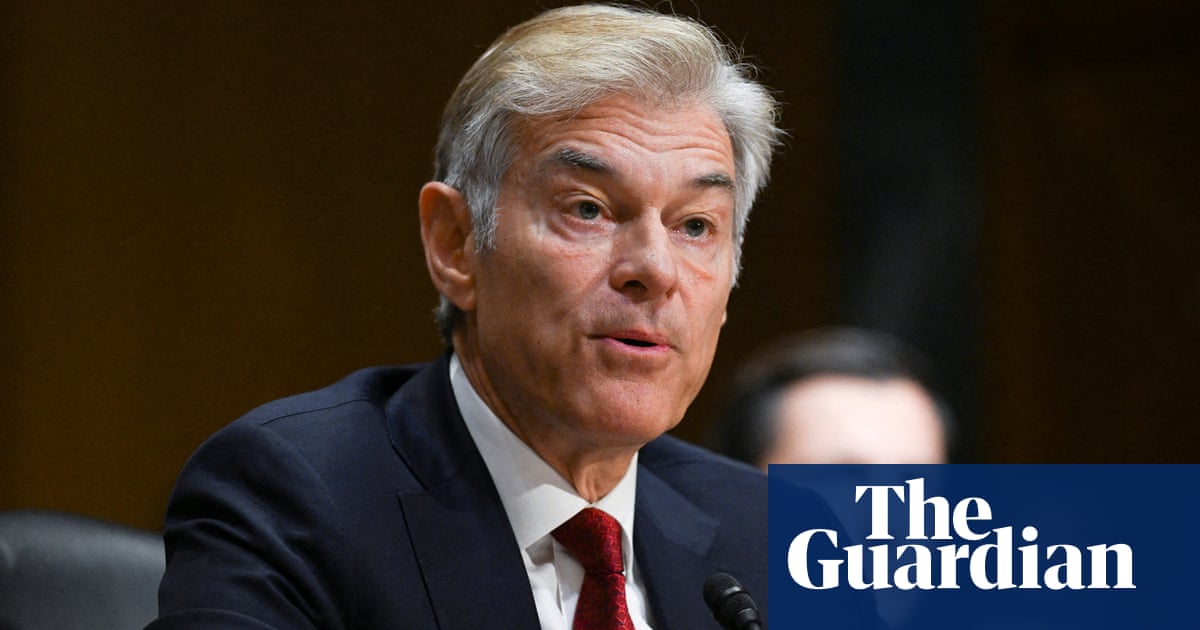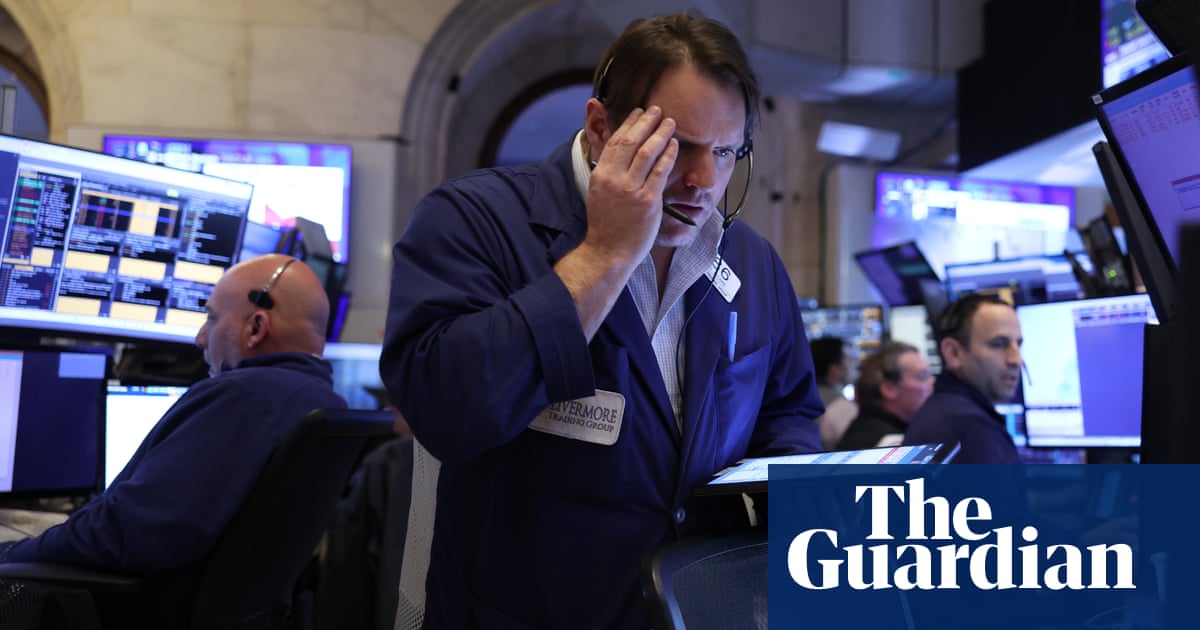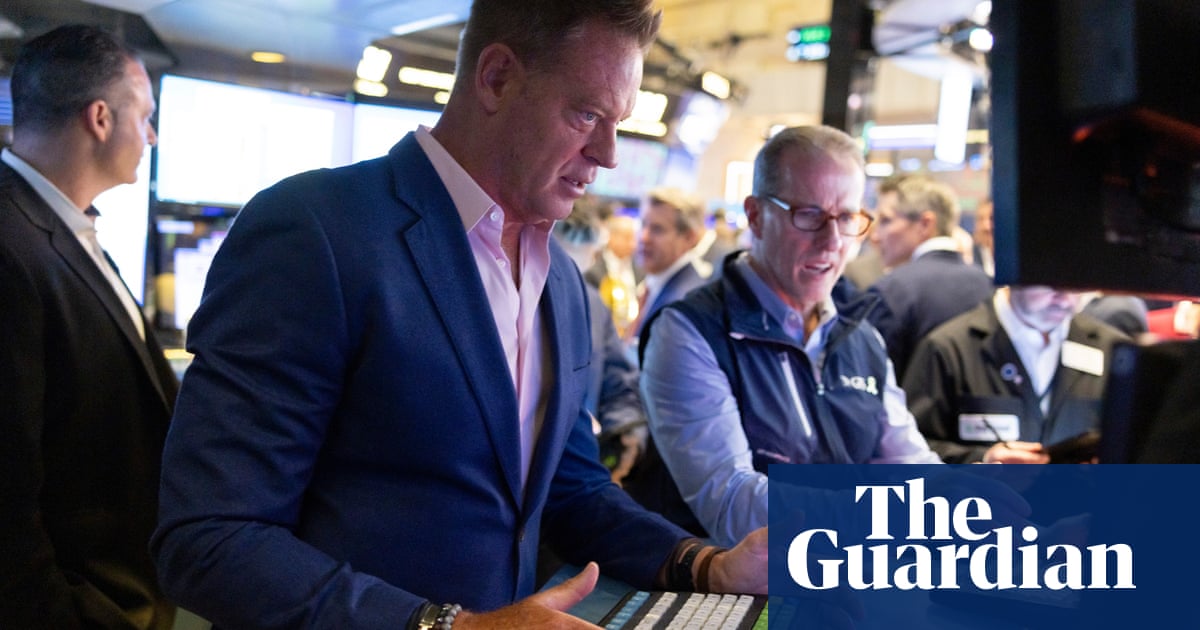Morning opening: A broken stick

Jakub Krupa
European Commission president Ursula von der Leyen warned this morning that the global economy “will massively suffer” as a result of tariffs imposed by US president Donald Trump last night, as she said the EU was “prepared to respond.”
Despite Trump’s direct attack on “pathetic” EU as he imposed 20% tariffs on the bloc, von der Leyen still expressed hopes that the relationship could “move from confrontation to negotiation,” as she warned “there seems to be no order in disorder.”
But it wasn’t immediately obvious that there was any genuine prospect of that happening.
Instead the EU and the individual member states are now scrambling to consider how to manage the situation.
French president Emmanuel Macron has called an emergency meeting with sectors affected by Trump’s tariffs this afternoon.
German economic daily Handelsblatt published new estimates this morning that the US tariffs – including 25% on car imports – could cost German carmakers BMW, Mercedes and Volkswagen as much as €11 bn given Germany is the largest EU car exporter to the US. For perspective, it’s just under a third of the total value of German automotive exports to the US at €36.8 bn.
But the worry is not only about the immediate impact, but the more long term consequences of last night’s decision.
Addressing Europeans directly, von der Leyen said “I know that many of you feel let down by our oldest ally,” as she stressed the need to think about what’s next.
Or as Moritz Schularick, president of the Kiel Institute for the World Economy, put it to Handelsblatt:
“There is this memorable picture of a stick that you can bend and that comes back again and again. But at some point, if you bend too much, the stick breaks.
I believe that in terms of trust in the United States, something has broken down in recent weeks that will not come back so quickly.”
It’s Thursday, 3 April 2025, it’s Jakub Krupa here, and this is Europe Live.
Good morning. Fasten your seatbelts, it’s going to be a lively one.
Key events Show key events only Please turn on JavaScript to use this feature
European reactions to Trump's tariffs - round up
European Commission president Ursula von der Leyen warned of “dire consequences” for millions of people, as she said tariffs would “hurt consumers around the world.”
She said there was “no clear path through the complexity and chaos that is being created as all US trading partners are hit,” but she insisted the EU’s unity “is our strength” and the bloc would be prepared to respond with calibrated countermeasures.
Outgoing German economy minister Robert Habeck stressed the need for a united EU response, saying the bloc should leverage the fact it has the largest single market in the world.
“Europe’s strength is our strength,” he said, adding he hoped for “a negotiated solution.”
Italian prime minister Giorgia Meloni called the introduction of US tariffs “wrong” as she vowed to “do everything we can to work towards an agreement with the United States, with the aim of avoiding a trade war that would inevitably weaken the West in favor of other global players.”
“In any case, as always, we will act in the interest of Italy and its economy, also by discussing with other European partners,” she added.
Swedish prime minister Ulf Kristersson said he “deeply regreted” the US decision, saying “we don’t want growing trade barriers” as he lauded the benefits of free trade.
But he said the government was ready to respond and work with the EU to “take every opportunity to reverse these developments.”
“We want to find our way back to the path of trade and cooperation together with the US,” he stressed.
Irish prime minister Micheál Martin said that tariffs “benefit no one,” as he warned they are “bad for the world economy, they hurt people [and] businesses.”
“My priority, and that of the government, is to protect Irish jobs and the Irish economy, and we will work with our companies … to navigate the period ahead,” he said.
He said he would work with EU partners to “get on a negotiation with the US to limit the damage.”
Martin also highlighted “the added value and the strength that Ireland has given to so many US companies” based there.
Polish prime minister Donald Tusk posted a brief update on social media, saying: “Friendship means partnership. Partnership means really and truly reciprocal tariffs. Adequate decisions are needed.”
Finnish prime minister Petteri Orpo said the tariff decisions were “concerning,” as he warned “there are no winners in a trade war.”
“Businesses, consumers, and economic growth suffer. The EU is ready to respond and negotiate. We support this effort. Finland is prepared as part of the Union,” he said.
Morning opening: A broken stick

Jakub Krupa
European Commission president Ursula von der Leyen warned this morning that the global economy “will massively suffer” as a result of tariffs imposed by US president Donald Trump last night, as she said the EU was “prepared to respond.”
Despite Trump’s direct attack on “pathetic” EU as he imposed 20% tariffs on the bloc, von der Leyen still expressed hopes that the relationship could “move from confrontation to negotiation,” as she warned “there seems to be no order in disorder.”
But it wasn’t immediately obvious that there was any genuine prospect of that happening.
Instead the EU and the individual member states are now scrambling to consider how to manage the situation.
French president Emmanuel Macron has called an emergency meeting with sectors affected by Trump’s tariffs this afternoon.
German economic daily Handelsblatt published new estimates this morning that the US tariffs – including 25% on car imports – could cost German carmakers BMW, Mercedes and Volkswagen as much as €11 bn given Germany is the largest EU car exporter to the US. For perspective, it’s just under a third of the total value of German automotive exports to the US at €36.8 bn.
But the worry is not only about the immediate impact, but the more long term consequences of last night’s decision.
Addressing Europeans directly, von der Leyen said “I know that many of you feel let down by our oldest ally,” as she stressed the need to think about what’s next.
Or as Moritz Schularick, president of the Kiel Institute for the World Economy, put it to Handelsblatt:
“There is this memorable picture of a stick that you can bend and that comes back again and again. But at some point, if you bend too much, the stick breaks.
I believe that in terms of trust in the United States, something has broken down in recent weeks that will not come back so quickly.”
It’s Thursday, 3 April 2025, it’s Jakub Krupa here, and this is Europe Live.
Good morning. Fasten your seatbelts, it’s going to be a lively one.

.png) 19 hours ago
4
19 hours ago
4













































